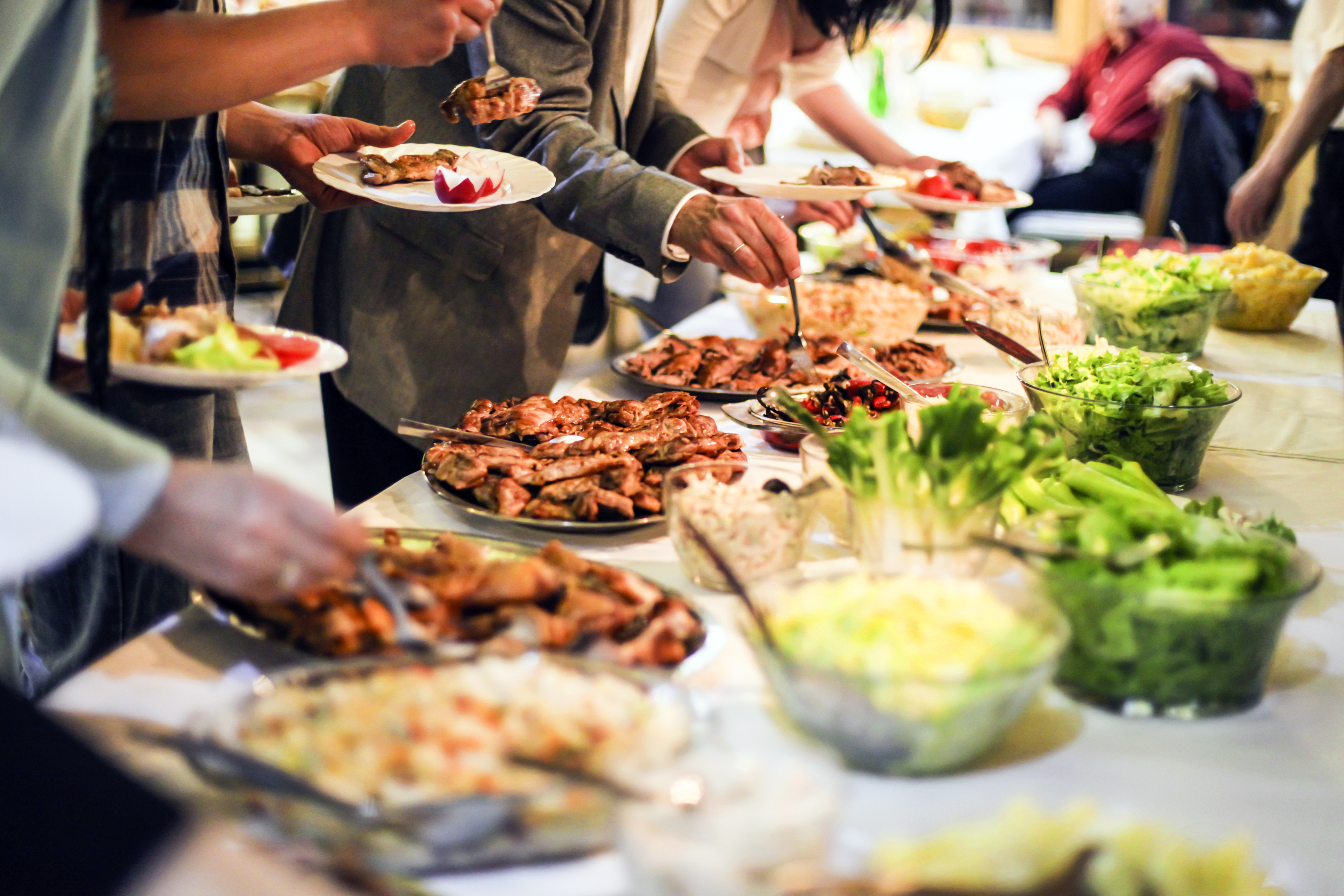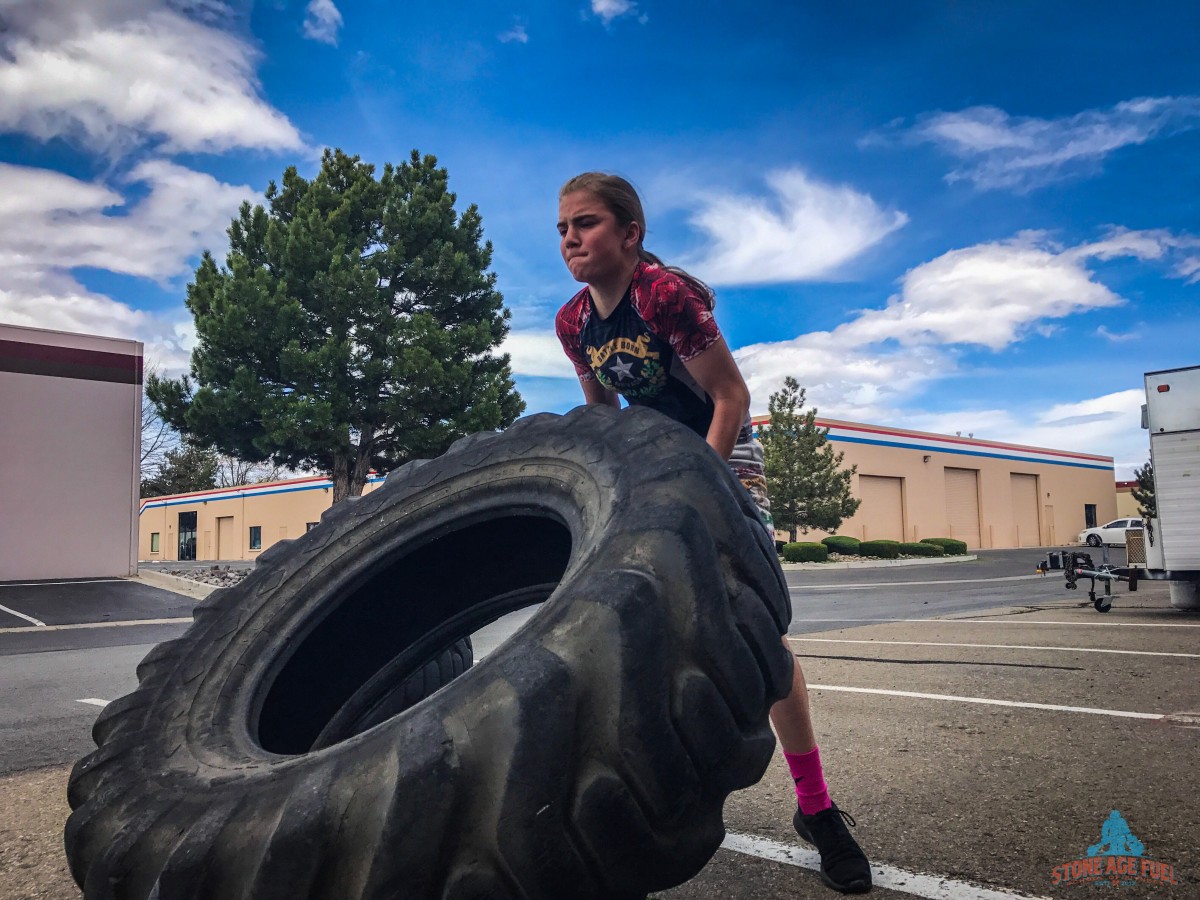Do you find yourself overeating on the regular? Your hunger and fullness cues are probably out of whack
Eat when you’re hungry. Stop when you’re full.
shouldn’t be so difficult, should it?
Oh, but it is. Often times it’s because we lose the ability to to know when we’re full, or we confuse various sensations with what we think is hunger…
On a basic level, we generally all understand what hunger cues are: Sometimes they start with us having trouble concentrating, and maybe we feel a bit tired and our stomachs start to grumble. If we don’t get food soon, our irritability likely increases to the point of becoming angry (or HANGRY). This soon escalates into feeling weak and shaky. Some of us maybe even end up with a headache. If if gets to this point, when we finally get our hands on food, we’re often so ravenous we binge on way more food than our bodies need.
Fullness cues, on the other hand, are a bit harder for us to detect. Part of the reason for this is that it takes 20 minutes after eating for our hypothalamus in our brain to receive the signal that we’re full and should stop eating. At this point, it’s often too late: We have continued to eat for 20 minutes!
Two of the biggest keys in stopping our habit of overeating, therefore, are:
- Don’t let yourself get to the point of being ravenous.
This one is pretty simple: Be more organized with your food prep, so you have access to food before the point of HANGER and binging.
- Become more aware of your body’s hunger and fullness cues
This one involves being more mindful when you’re eating—being in the moment—to truly pay attention to what your body is telling you.
Two fullness cues we often ignore include:
Cue #1: Ever find yourself taking more bites of your food, yet you’re no longer really even enjoying the food? If you get to this point, you’re probably full.
Cue #2: Your stomach actually starts to feel uncomfortable, almost to the point of pressure? Again, you’re full.
On the other hand, sometimes we think we’re hungry when we’re not. Here are four tips to get you moving in the direction of mindful eating and respecting your hunger and fullness cues:
Slow down
We recently posted a piece about the importance of chewing your food properly (link to March 2019 #2 blog).
The basic idea is you should be chewing your food as many as 30 chews per bite. This will help you not only digest your food and absorb it more effectively, but it’s also a deliberate way to get you slow down your eating. This buys you some time for your hypothalamus to tell your body you’re full before you have already overeaten.
Another deliberate tip to slow down is to put your utensils down between bites.
Drink water first
Not only does water satiate you, sometimes we confuse the sluggishness we feel from being thirsty and dehydrated with being hungry. So drink first and then reassess how hungry you really are.
Learn to recognize “mind hunger”
Sometimes we think we’re hungry because it’s noon and it’s lunch time and it’s when we normally eat, so we almost force feed ourselves because it’s time to eat. Your hunger can change day-to-day based on sleep and activity levels and various other things, so don’t assume you always need the same amount of food at the same time of day each day.
Try a silent dinner
This obviously isn’t practical if you’re eating with others, but if you eat any meals alone, try doing it in silence, without your devices or any others distractions, to really pay attention to your thoughts as you’re eating. Pay attention to what’s going on in your body and to how to food tastes. You never know what you might learn when you’re truly in the moment.
Before I get accused of shaming overeaters, these tips aren’t meant to guilt trip anyone. We have all overeaten before, and we will all overeat again at some point, and there’s no point in beating ourselves up about it (Our stomachs probably already feel bad enough).
But the more in tune with our bodies we can become through mindful eating, and the more we learn to recognize when we’re hungry and when we’re full, the less likely we’ll be to overeat, and we’ll be much happier and healthier for it.







